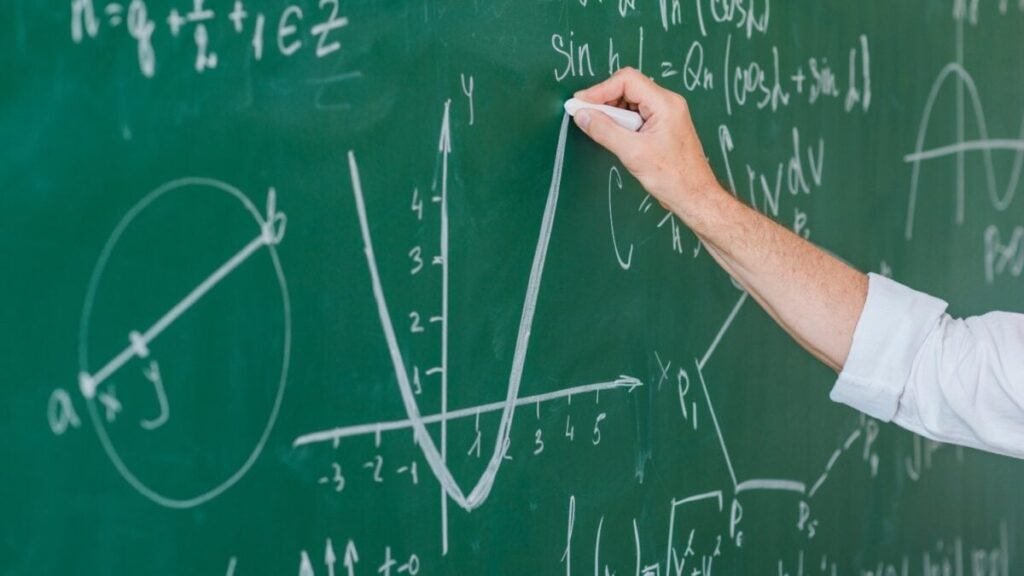The unexpected math behind a theory that started at the game tables

Throughout history, humans have always tried to predict the future. From kings seeking advice from oracles to soldiers relying on dice, uncertainty has often caused anxiety. But there was a moment when this uncertainty began to diminish, thanks to a groundbreaking idea: probability. How did this fundamental tool emerge?
When Chance Was a Matter of the Gods
In ancient times, uncertainty was attributed to the gods. King Croesus of Lydia, who misinterpreted a prophecy and lost his empire, is just one example. Even the Romans believed that rolling dice was a sacred act, linked to their goddess Fortuna.
The Shift in Mentality that Transformed Everything
It wasn’t until the Renaissance and the Enlightenment that a shift occurred. It started to be acknowledged that the future was not predetermined by gods, but could be foreseen through calculation. Probability did not originate in a lab, but rather on gaming tables.
A Tool to Anticipate the Future
The theory of probability emerged from a correspondence between Pascal and Fermat, allowing for risk calculation and informed decision-making. This rational approach revolutionized various fields, from science to politics.
From Fate to Data
Today, probability is integrated into many aspects of our lives. It provides a rational way to confront uncertainty, replacing the need for oracles with data, context, and a formula that ironically originated from a game of chance.






